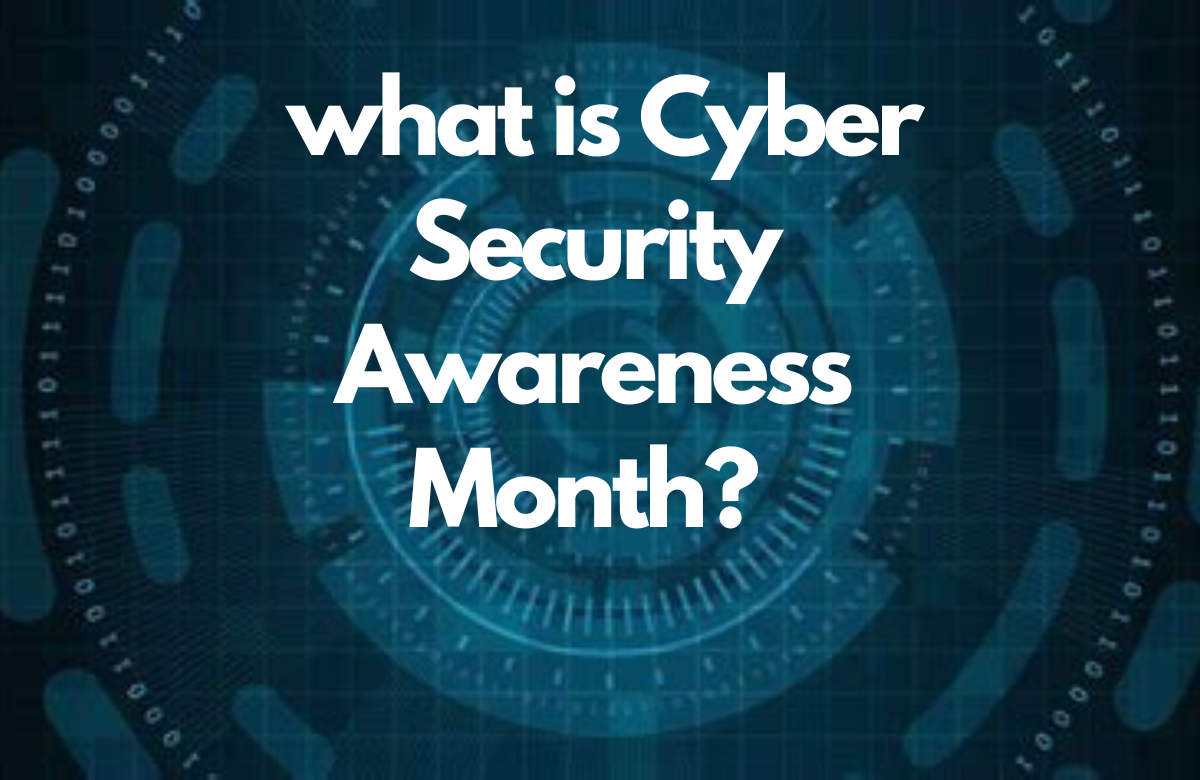You’ll probably already know what is torrenting if you used the Internet streaming sites made their appearance. You may even have used torrent sites to download a video game, music album, or ripped movie (although this is not a practice we recommend) or have heard of others using a torrent site. This article explains how torrents work and what torrenting is.
What Is Torrenting?
A torrent is a technique to share files via a sharing, peer-to-peer network that’s decentralized. P2P file sharing enables users to exchange files without uploading them to a server. The term is also used for the metadata or the torrent file’s filename extension, letting trackers know where to find torrent files. Trackers are programs that coordinate torrent transfers.
How Does Torrenting Work?
Torrenting doesn’t use a centralized server to store files. Pieces of data from individual big files are instead saved in computers (peers) that participate in a network (swarm) and facilitate the process of file sharing. A P2P communication protocol such as the BitTorrent protocol is used to split the files into pieces. It then moves them from seeders (uploaders) to leechers (downloaders) via torrent clients. Clients are separate programs that read all the information in the .torrent files and connect a user to the data that is to be exchanged.
Various checks and balances are applied to make the torrenting process secure. These include:
● The information lets users know which computers form part of the file-sharing process is contained in a torrent file (.torrent). This file could also have details on the folders and files that a user is downloading.
● A torrent client connects to a tracker containing the devices in a swarm’s IP addresses. The tracker sends these IP addresses to the torrent client, joining all peers.
● The torrenting client starts downloading. Once it has received enough data, it also starts uploading the file later by other users.
Are There Any Good Uses of Torrents?
Although torrent sites have become a hub for digital infringers and pirates for downloading copyrighted material, they are helpful to sync large files and share media that is rightfully yours. Social media giants like Twitter and Facebook use similar protocols to upload huge files to their servers using reduced bandwidth. Torrent clients may also be embedded into a game to deploy software updates, as, for example, Starcraft does. Several government agencies also use torrents to share huge documents and images with the public and to download large files that would otherwise put undue strain on their servers.
Is It Legal to Download a Torrent File?
In short, the answer is yes. Using torrent sites to share files is legal in itself. It will only be illegal when users upload or download copyrighted material via torrent clients or websites.
Is It Safe to Download Torrent Files?
Most torrents are generally relatively safe to download, providing you know where the files come from. Malicious individuals that attempt to change torrent metadata would, in any case, effectively corrupt the corresponding file and render it useless.
However, malware-ridden torrent files are unfortunately prevalent, and these are often associated with pirated copies of TV show episodes. Torrent users also need to be on the lookout for batch (.bat) or executable (.exe) files, as these are often used with scripts that install malware on computers.
What Are Torrent Trackers?
Torrent trackers are servers that help users communicate with other peers quicker by monitoring which peer machines specific files are kept. It works like dating apps such as Tinder and others that match users based on their supply preferences. When two people decide to communicate through another platform or meet in person, they can do this without using Tinder anymore.
When a torrent user asks for a specific file, a torrent tracker will connect them to the peer machine where the file is kept. Once the P2P download has begun, the connection to the tracker is no longer required.
Downloading Files with Torrents
Use the following steps to download torrents.
1. Select and Download a Torrent Client
You’ll need to select and install a torrent client before you can download files. Be careful with your selection, as some have adware included or malicious files that can cause problems with your device or computer. It is best to download the client directly from its website to prevent downloading malware from sites operated by third parties. Although clients are free to download security features, a premium client is better.
2. Install a Tracker Site
Once the torrenting client has been installed, you’ll also have to download a tracker site that contains torrent file listings. These don’t host content on their servers and only act as a repository for torrent files.
Two types of trackers sites are available. The first type is public tracker sites which are accessible to all users. The other is private tracker sites, which contain specialized torrent websites that host files about unique niches. Registration to personal tracker sites usually is exclusive and by invitation only. They also require that users seed torrents after every download.
3. Search content
You can now start searching for the content you want to download. Search results often return mixed results. If you select the ones with many seeders, your download speed will be much better. Check if you will run the file before you start downloading files.
4. Download the Content
Once you’re sure you’ll run the file, start the download process to download the torrent file. Although you can download multiple files simultaneously, prioritizing downloads is a good practice.
Can You Be Sent to Jail for Torrenting?
As mentioned before, downloading torrents per se is not against the law. If done for content, you have rights to non-copyrighted material.
If torrent downloads contain copyrighted content, it is technically illegal. You can easily be caught by Internet service providers (ISPs) and law enforcers, primarily if you don’t hide your IP address.
If you are found guilty of copyright infringement, you can be sentenced to pay as much as US$150,000 for each piece of content and up to five years of imprisonment. The copyright owner may also file separate charges against you, which may mean you’ll have to pay for both legal fees and other damages. If you look at it logically, it would have been much easier and safer to pay for the material so you could use it legally.
Should a VPN Server be Used for Torrenting?
Virtual private networks (VPNs) conceal IP addresses from sites trying to track you. They also hide all your online activities from an Internet service provider (ISPs). Using a VPN server while downloading files from torrent sites can help you stay anonymous online and keep your internet connection safe from cyber attackers.
Remember that an internet service provider may also track VPN traffic, so it’s always best to keep your torrent use legal. Using VPNs is illegal in some countries. You need to make sure your country is not on a banned VPN list before using a VPN server.
PLEASE NOTE – We do not condone the illegal use of a VPN connection to download files using a torrent client or the illegal use of torrent file sharing to download files over an internet connection



